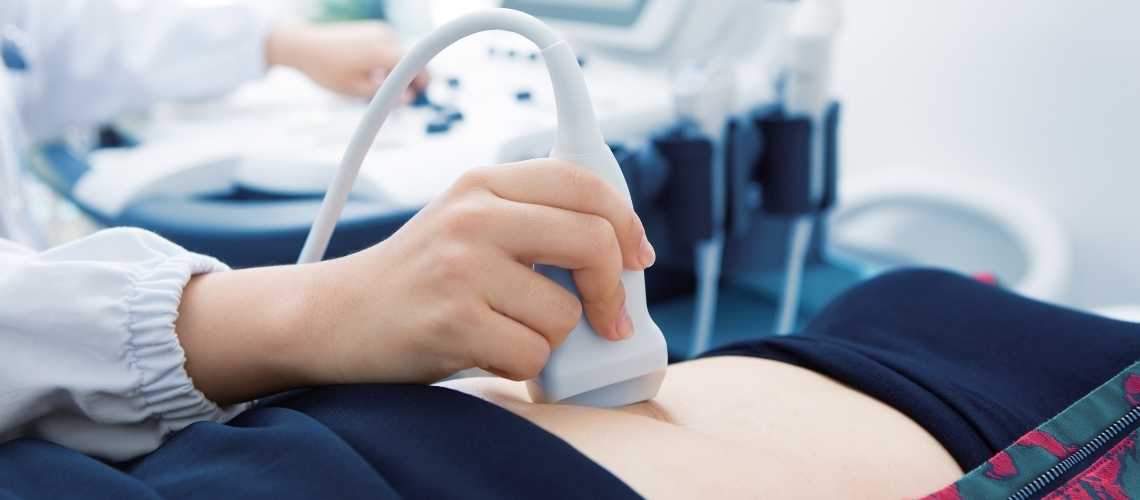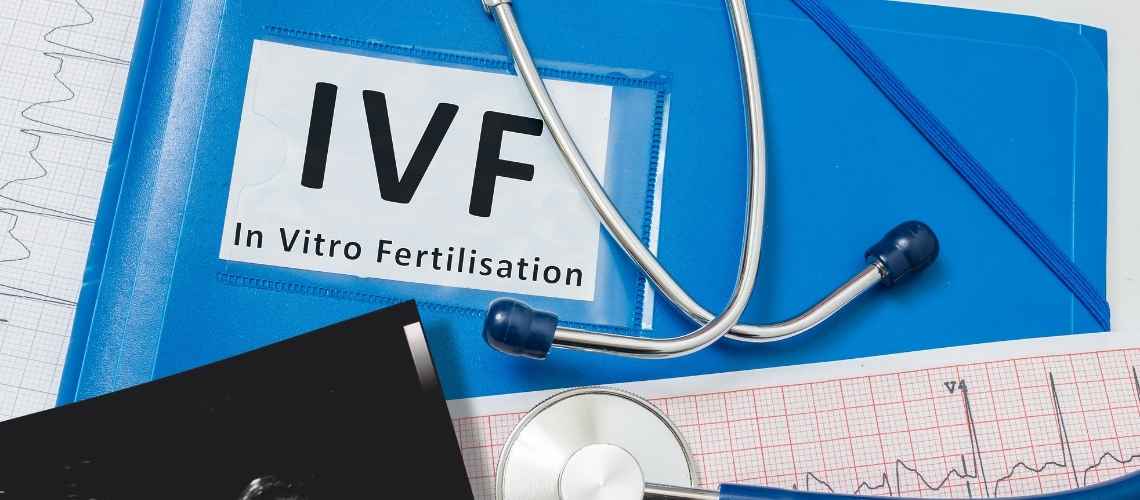The IVF process typically lasts 6–8 weeks from the initial consultation to embryo transfer. This timeline includes ovarian stimulation, egg retrieval, fertilization, embryo culture, and transfer into the uterus.
Ovarian stimulation usually takes 10–14 days, during which hormonal medications encourage multiple follicles to mature. Frequent monitoring ensures the correct timing of egg retrieval.
The laboratory phase, involving fertilization and embryo culture, generally lasts 3–5 days. Embryologists assess embryo quality before selecting the most viable for transfer.
After transfer, a two-week waiting period follows before a pregnancy test confirms success. Additional steps, such as pre-treatment evaluations or genetic testing, may extend the total IVF timeline.
How Long This IVF Treatment Take?
The entire process, from the start of the injections to the first pregnancy test, can take as little as four weeks. If you decide to have a frozen embryo transfer, you can wait an additional 4+ weeks from the start of the transfer cycle until your first pregnancy test. (2)
Who Should Consider IVF Treatment?
There are many reasons why someone should consider IVF. Here are a few of the most widespread ones:
- If the person providing the eggs is in their late thirties or older
- If the person has endometriosis
- If the person has damage to one or both of the Fallopian tubes
- If the person has had tubal ligation or surgery to remove the Fallopian tubes.
- The person or partner has a genetic condition or is a carrier of a genetic condition that you do not want to pass on to your children
- If the person has unexplained infertility or recurrent pregnancy loss
- If the partner has sperm problems, including low sperm count and/or motility
- The person or partner is undergoing mutual IVF where one partner provides the eggs and the other partner carries the pregnancy in the womb
- If other forms of fertility treatment such as IUI have not been successful
IVF may be a good option for such expectant parents. (3)
On Which Day of Your Cycle Should IVF Injections be Started?
Most patients start IVF injections on the 2nd or 3rd day of the menstrual cycle. Rarely, some patients may start randomly if they urgently need to cycle (ie, starting any day of the cycle) not to delay chemotherapy. If you start in the early follicular phase (Day 2 or 3), you will need to come for an ultrasound and blood test to ensure optimal timing. (4)
Is the IVF Process Painful?
The injections themselves are not painful. Although these symptoms are modest, there may be some soreness and irritation where the injection was made.
However, the egg retrieval process can be more painful. The number of eggs you extract directly correlates with the degree of cramping and discomfort you experience. The good news is that most patients return to their daily activities within 24 hours.
It’s important to keep in mind that an uncommon IVF consequence called ovarian hyperstimulation syndrome can cause pain, nausea, and bloating for several days. (5)
What are the Risks of IVF?
Even though IVF treatment in Turkey, Istanbul is a risk-free technique, there are a few things to be aware of. These include the dangers of drugs, ovarian hyperstimulation syndrome (OHSS), hazards associated with procedures, cycle interruption, and multiple pregnancies. Although these risks may seem high, it is unnecessary to be afraid or hesitate. You can comfortably trust your IVF specialist.
Being able to have a live birth is the success of IVF. As a result, people between the ages of 30-37 may only require one to two IVF treatments. However, the success rate per cycle decreases with age, and some patients may need multiple rounds. (6)
Source:
Wu, S., Zhang, Y., Wu, X., Hao, G., Ren, H., Qiu, J., … & Tan, J. (2021). Association between exposure to ambient air pollutants and the outcomes of in vitro fertilization treatment: A multicenter retrospective study. Environment International, 153, 106544.








